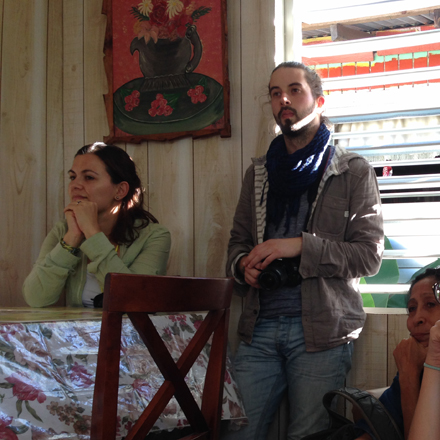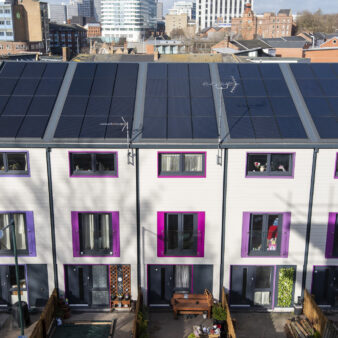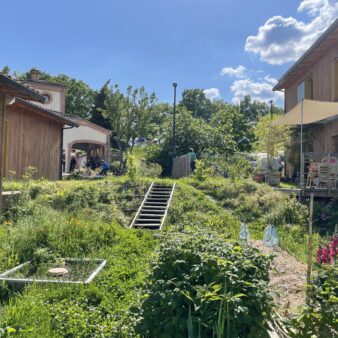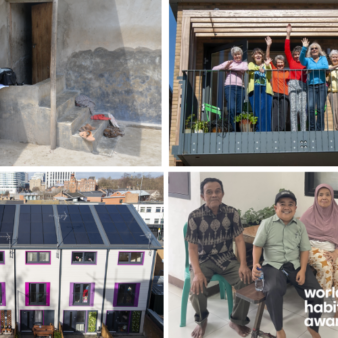
In February 2017, World Habitat gave me the opportunity to take part in an international peer exchange to San Juan, Puerto Rico, to learn about the impressive struggle waged by the Caño Martín Peña Community Land Trust. Travelling around South America in 2014-2015 with Habitat en Mouvement documenting initiatives relating to the social production of habitat and collective land management, I witnessed and learned from this experience and later from the Caño Martín Peña project a number of fundamental aspects necessary to successfully bring about social change on a large scale:
- The need to find the right solutions in every context, originating from the communities themselves.
- The lengthy initial public awareness-raising as well as social and legal empowerment required to build a shared vision in communities.
- Collective land ownership to regulate and protect land from speculation in the urban context.
- The need to struggle and express in different spaces (public institutions, universities, tribunals, demonstrations, etc.) and to communicate externally (press, alliance networks, international awards, etc.) in order to convince a wider audience of the legitimacy and reach of the undertaken process.
In our Western context of increasingly unequal cities committed to market rules, a minority amasses both real and speculative wealth because of the lack of regulation of common goods and land. Because of this, the transformative processes that enable low-income sectors to change society are fighting against the current. Those lengthy processes require a constant struggle, but they are gradually inspiring and convincing more communities, urban professionals, economists, mayors and elected representatives that other approaches are both necessary and possible.
I am currently working with Cooperación Comunitaria on a community-managed reconstruction project providing technical assistance to communities whose houses were destroyed or damaged in the earthquakes of September 2017 in a small municipality in the state of Oaxaca in Mexico. Very rapidly, construction companies arrived in the earthquake-affected area, persuading victims to buy “turnkey homes”[1] with surface areas, heights, designs and materials that do not fit in with the local climate, building culture or lifestyle.
It is not easy to convince families that if they get organised, help each other with technical assistance and manage their resources and federal government subsidies themselves, they can construct better homes. This process is longer, and requires patience, trust and commitment from all those involved. Nevertheless, it is hoped that the reconstruction of these 80 homes in Oaxaca, based on community management, solidarity and collective work can bring better results for the people, the local economy and the environment.
Having seen first-hand the encouraging examples of social production of habitat in South America and the Caño Martín Peña Community Land Trust, I feel confident that it can be achieved successfully.
[1] Turnkey (also spelled turn-key) is a type of project that is constructed so that it can be sold to any buyer as a completed product.
Pierre Arnold, Franco-German urban planner, Habitat en Mouvement




Join the discussion